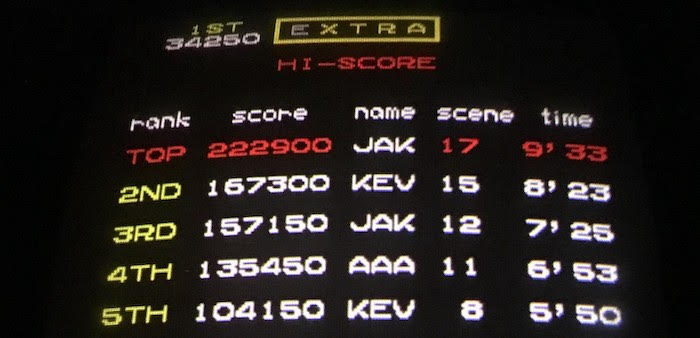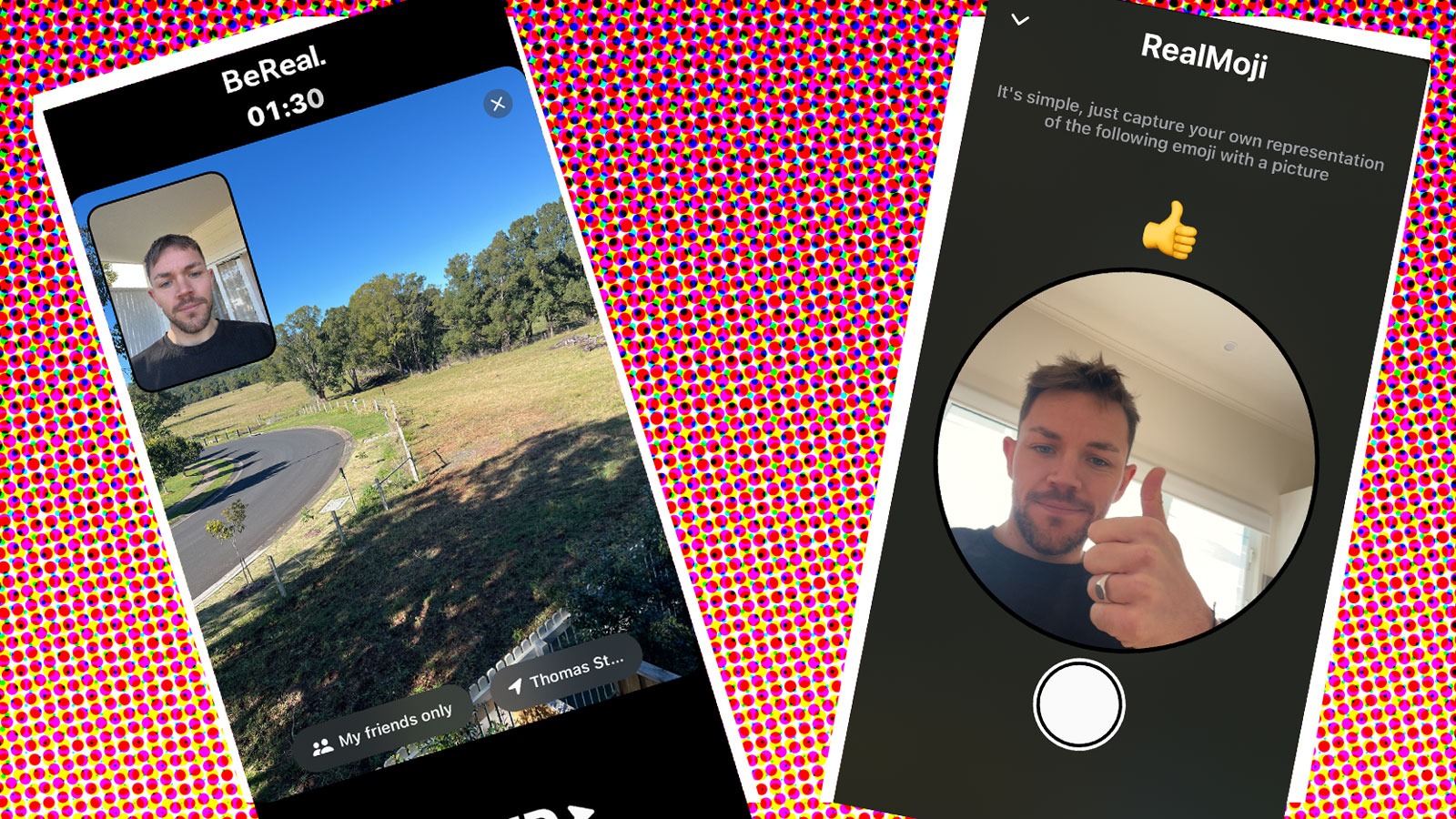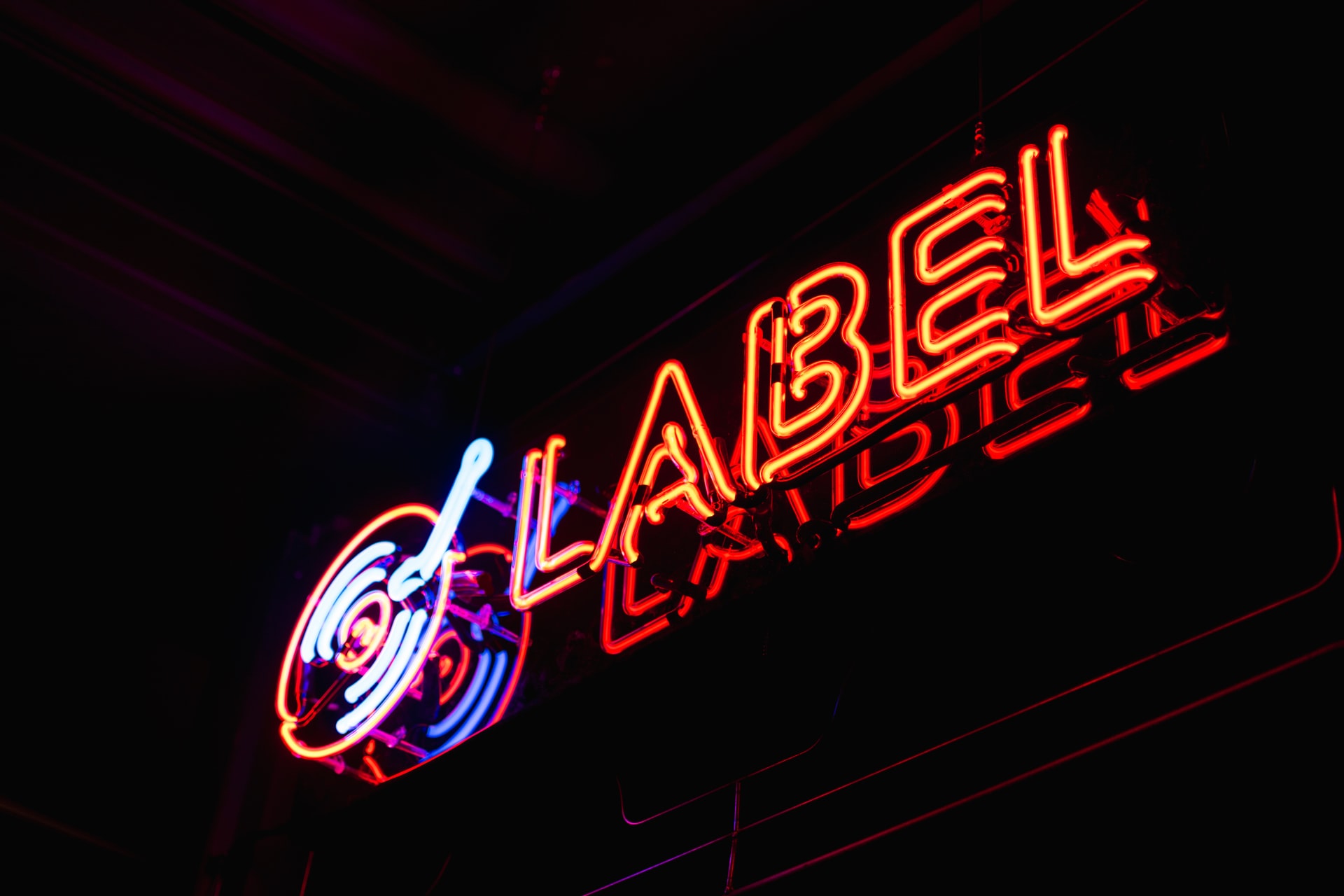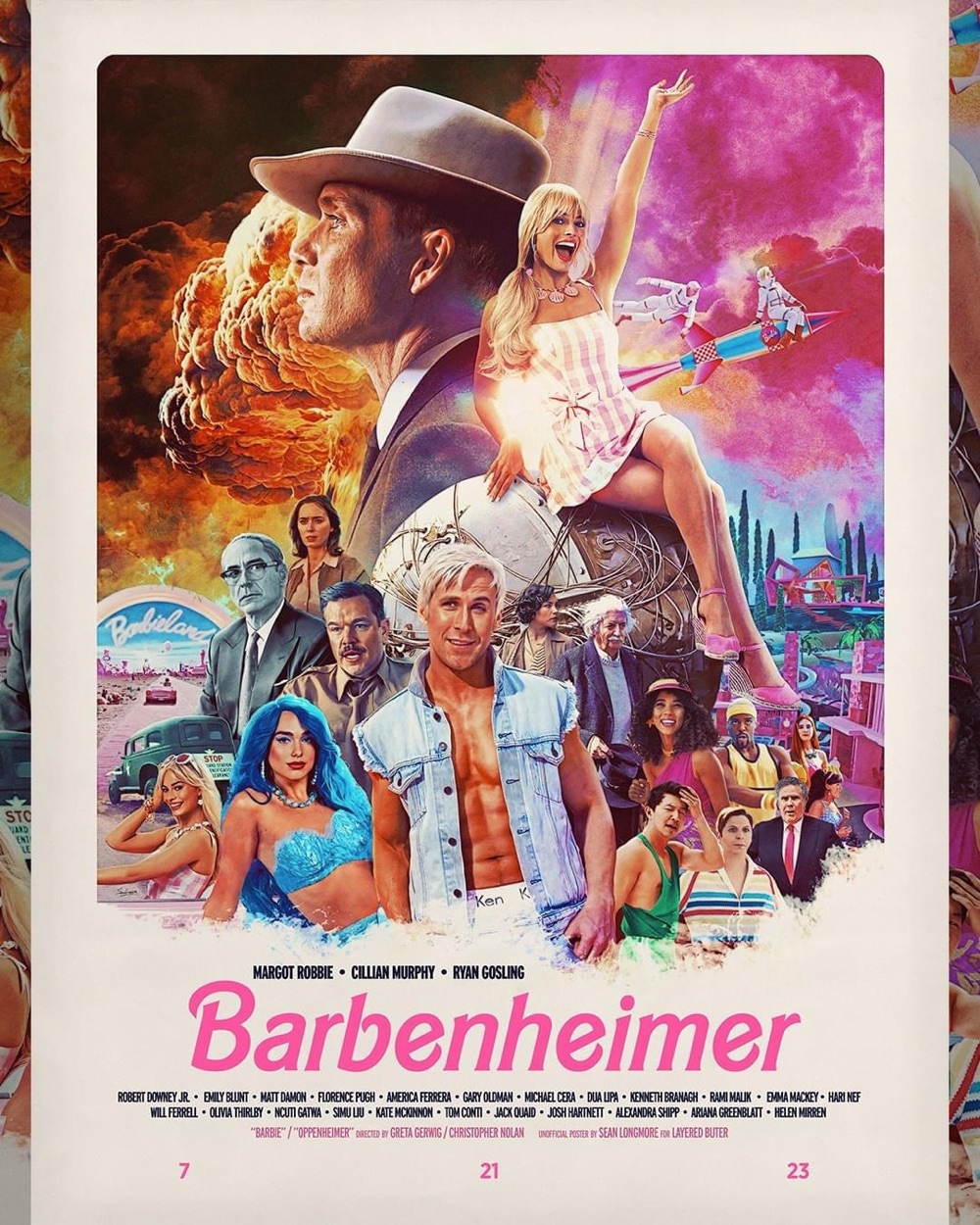Introducing: Scoring Points.
Scoring Points is an ongoing series for Amplify.link diving into the business, history, and artistry of game soundtracks and electronic music production. Always innovating and consistently at the forefront of modern pop culture, video games have become not just the primary creative escape for gamers worldwide, but the largest earner in the entertainment industries for over a decade. My name’s Pete, I’m an artist and engineer engaged with the industry and culture. In these articles, I’ll get stuck into how video games have affected the music industry, the mechanics of great soundtracks, the latest innovations and a couple of hot recommendations for you. From indie cult classics through to the AAA behemoths, there’s something for everyone here and the opportunities for musicians are more exciting than ever.
When do you think Video Games became a more profitable industry than pop music or American cinema? Maybe 2007, when the seminal Call of Duty 4: Modern Warfare was released? Or maybe Grand Theft Auto 3, released at the turn of the millennium in 2001, a behemoth that went on to sell 14.5 millions copies and made the world pay attention to first person shooters? Earlier than that, the 90s? The Pokemon series from 1996 went on to sell over 47 million copies. Nope. The first time the games industry made more money than pop music and films combined was all the way back in 1982. The year before I was born. The arcades of America had become so popular they made an incredible $8 billion ($22 billion adjusting for inflation in 2021) in a single year, whereas pop music netted $3 billion and Hollywood $4 billion. Pac-Man getting that bag.
Of course, the heyday of the arcade was a time limited affair and had been going since the start of the 1970s, it had had a good run, but the advent of the home console changed the industry dramatically and put video games front and centre in families’ living room’s around the world. It’s estimated the game industry to be worth $180 billion in 2020, no doubt heavily boosted from the housebound nature of the year. The cultural impact, changing demographic and acceptance of gaming in mainstream culture cannot be underestimated, even your Gran knows about heating up the gulag.
Gaming is an industry built on bleeding edge technology, constant innovation and artistic merit, always trying to engage new methods of getting gamers’ attention and wallets. The soundtracks have had to evolve alongside. The looping 8 seconds of monophonic synth chiptune of the 70s and 80s have gone, replaced by dynamic, 3D or even ambisonic sound design (made for use in the spherical surround sound of Virtual Reality). The game soundtrack has never been more varied and exciting, but competition for good placements is fierce. At the top levels, AAA developers hire full philharmonic orchestras and some of the top soundtrack composers in industry to score their games resulting in the iconic opera of Halo or sultry vocals of Jose Gonzales and D’Angelo in the Red Dead Redemption series. The small indie studios, with music producers embedded in the development process from the start show that multi million pound budgets aren’t needed for engaging and elevating soundtracks, like Jukio Kalio’s excellent wild west inspired score for Nuclear Throne or Ridiculon’s spiral into madness in the disturbingly popular The Binding of Isaac.
Of course, original composition isn’t always the best tack. In the major leagues, having worldwide smashers like Robyn’s ‘Every Heartbeat’ or ‘How It Was’ by Future hammering out on the in game radio as you’re whippin, whippin, whippin, whippin around Los Santos (in Grand Theft Auto 5) elevates the game and got those artists a tidy sum. Even at the indie level the opportunities to blow are ever present; unknown Boston artist M.O.O.N screamed into common knowledge and made paper after appearing on the ultra violent cult classic Hotline Miami. More than two million copies of the game sold, driving traffic to the Bandcamps and Patreons of all the licensed artists involved. It can be a long battle to hook the right publisher or developer’s ear, hunting out the dev meetups, game jams, making friends and getting your face familiar with a solid demo portfolio are, as ever, the starter tactics, familiar to any indie artist trying to get their tunes played in the clubs.
It’s becoming common for the biggest pop stars to have virtual concerts, Travis Scott, Massive Attack, T-Pain, Lil Nas X, Gorillaz, Dua Lipa and Deadmau5 have all had performances in a variety of top tier games. COVID only accelerated the adoption of video games as the next platform for musicians to engage with fans, bringing a much needed influx of income and interest after the one-two punch combo of the pandemic keeling real life concert goers at home and streaming services like Spotify decimating traditional release income. That’s great news for the big hitters, the multi million pound artists with PR and marketing campaigns to match. There’s definitely not going to be any indie burgeoning acts debuting on Fortnite or Minecraft anytime soon, yet the opportunities available to artists of all sizes in video games continues to expand as publishers and platforms realise the draw music events have to bring in new ‘non-gamer’ punters.
COVID has given those musicians and DJs with a charismatic edge and capability on camera the opportunity to continue building their fan bases through traditionally gaming centric streaming platforms like Twitch.TV. Drum and Bass DJ John B got emotional as he was informed he had been granted Twitch Partner status after months of grinding out and improving his stream, effectively creating a full blown interactive AV set from a green screen studio in his house. The partner status enables him to generate significantly more income from the platform and offers many the chance to take on streaming as a full time career. In the free and easy days of the mid 2010s the platform was dominated by game streamers, although still the majority, Music has become an increasingly popular and during lockdown-ridden months, an essential party lifeline to its viewers. The platform is not without its issues, without the right licencing system in place, DMCA takedowns and account strikes have plagued the platform, and the less said of the current ‘hot tub’ meta (where pretty girls wear little clothing and ‘chat’ to their viewers from jacuzzis) the better.






